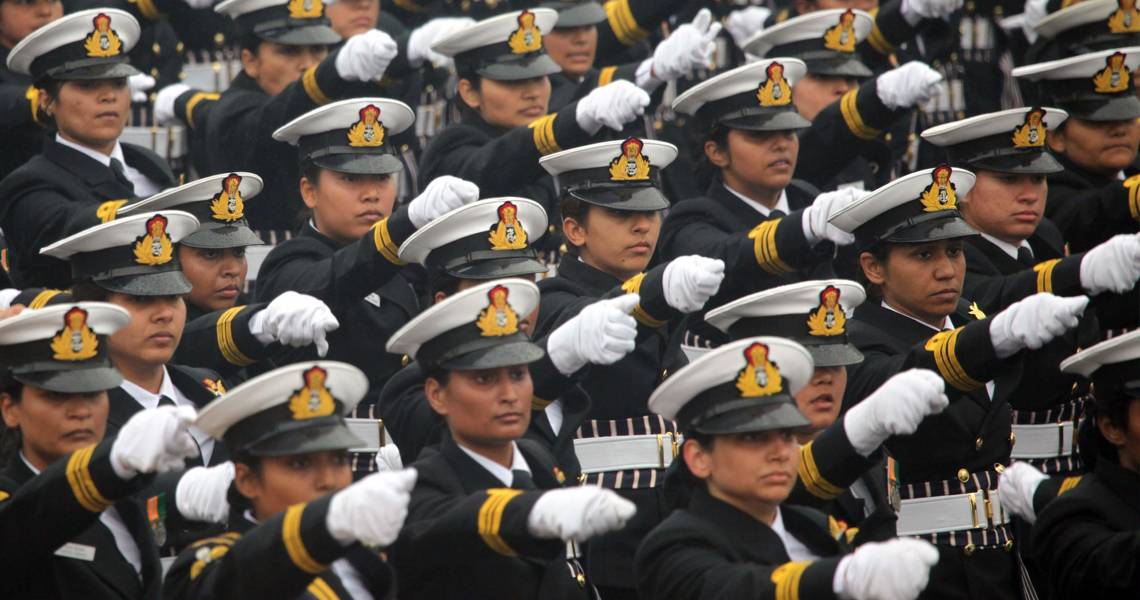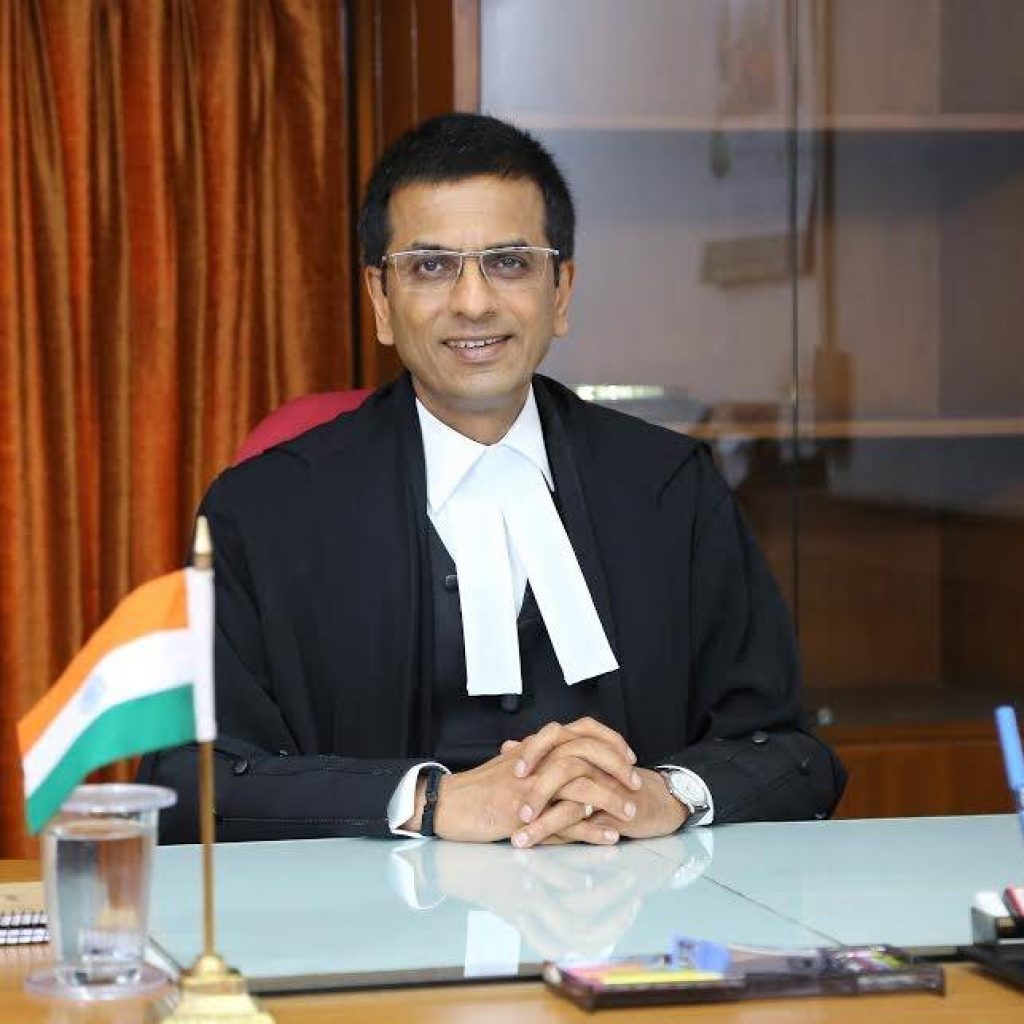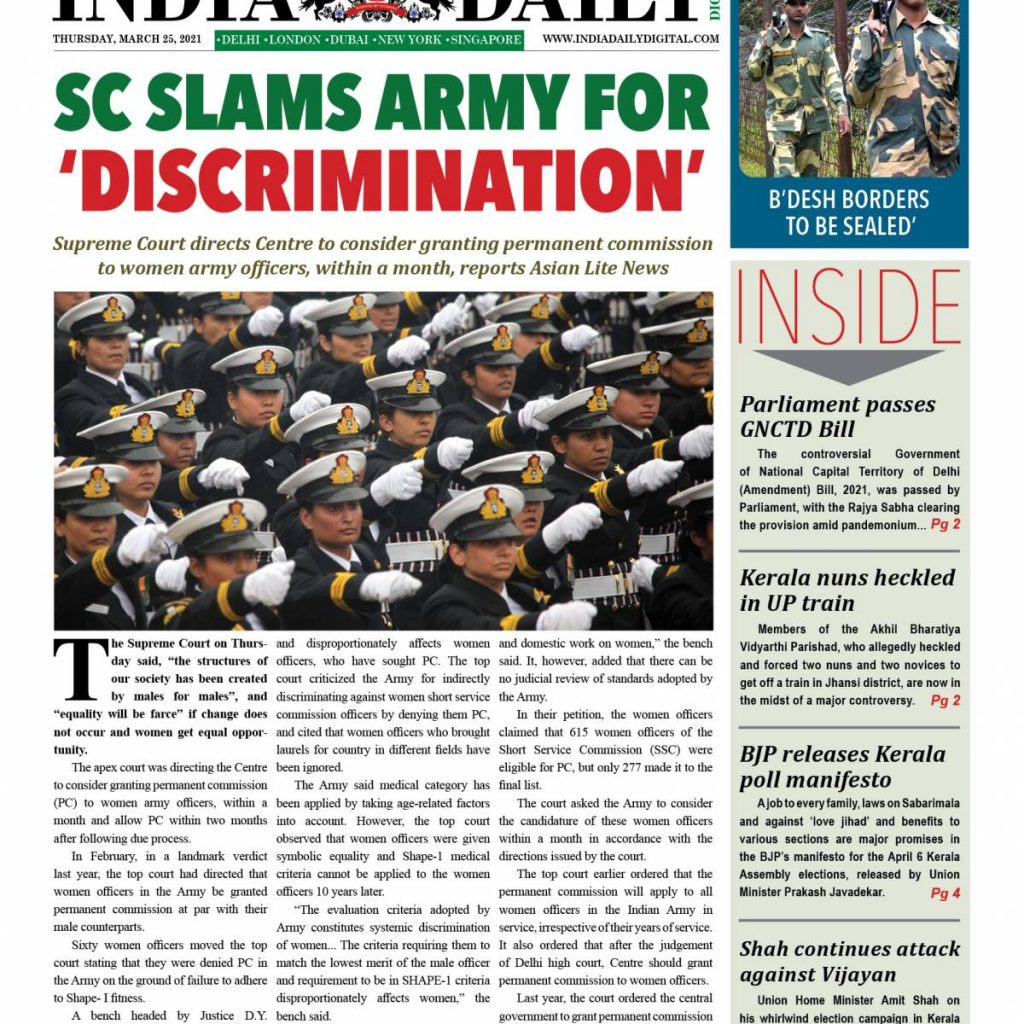She added that there was no adequate workplace support for her while she was caring for her critically-ill child…reports Asian Lite News
An Indian lecturer has won a discrimination case against a UK university whose selection process, according to an employment tribunal, was “tainted by race discrimination”.
The University of Portsmouth failed to reappoint Dr Kajal Sharma for a job she had been doing for five years, replacing her with a white candidate with no experience of the role, The Guardian reported.
While 11 out of her 12 white colleagues were reappointed after their contracts ended, Sharma, hired as a senior lecturer in 2016, was not given her job back.
The tribunal in its judgement reprimanded the university for ignoring the fact that “a senior member of the academic staff who was a BAME (Black, Asian, and minority ethnic) woman was not reappointed to a post”.
At the case hearing in Southampton, Sharma informed the tribunal that she had a “difficult” relationship with her manager, Dr Gary Rees.
Citing an instance, she said Rees had asked her to do university work in the immediate aftermath of her father’s death.
She added that there was no adequate workplace support for her while she was caring for her critically-ill child.
Rees encouraged a white colleague to pursue an additional qualification but did not support Sharma when she wanted to do the same, the tribunal was told.
While reapplying for the job as her contract neared end, Sharma appeared before an interview panel, which had Rees, and lost out to a rival candidate supported by him.
The tribunal said that the fact that she was not reappointed to her job was “extraordinary” and should have raised questions.
“Instead, the fact that a senior member of the academic staff who was a BAME woman was not reappointed to a post was ignored by the university.”
The tribunal ruled that Sharma was the victim of subconscious discrimination and described the selection process as being “tainted by race discrimination”, The Guardian reported.
It concluded that Rees had treated Sharma “in a way that we considered was different to the way he would have treated others, in areas such as support over her father’s death, and her child’s illness.
“We conclude that his involvement in the recruitment process and his subconscious bias means that the failure to recruit the claimant was an act of race discrimination.”
According to a 2022 TUC (The Trades Union Congress) survey, more than 120,000 workers from minority ethnic backgrounds quit their jobs because of racism.
The landmark survey found that more than one in four workers from black and other minority ethnic backgrounds faced racist jokes at work in the last five years and 35 per cent said it left them feeling less confident at work.
ALSO READ-Indian American appointed Tufts University President






